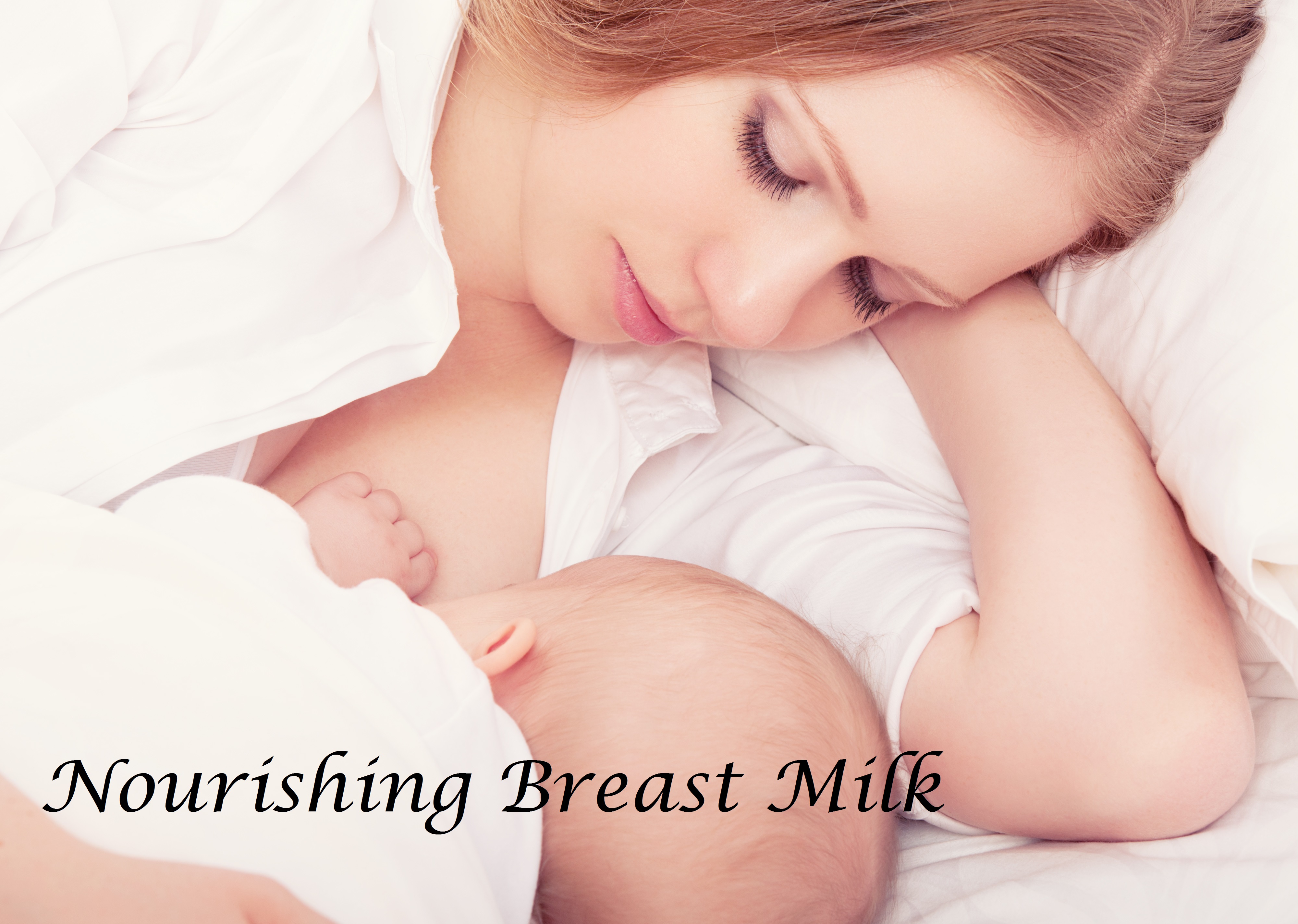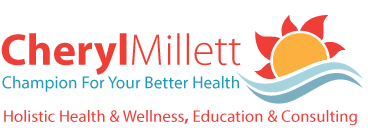 Nourishing breast milk…and more nourishing for the baby than a green smoothie!
Nourishing breast milk…and more nourishing for the baby than a green smoothie!
Many moons ago and in various cultures, babies/children were breastfed with nourishing breast milk until 5 years old. Then there was a time when moms were encouraged to take up formulas for convenience…then back to breastfeeding and only several years ago the recommendation was to breastfeed for 4 months, but now it is 6 months according to the Public Health Agency of Canada:
Today, most women are breastfeeding their babies. Breast milk is the best food you can offer your baby. Health Canada and the World Health Organization recommend that it should be the only food or drink for the first 6 months of life and after that breastfeeding should continue – with the gradual introduction of solid foods – for 2 years and more.
A healthy pregnancy needs participation from the father and the mother. Every parents dream is to have a healthy baby. Today some hope for more than just ten fingers and toes, they also hope to be free of allergies and learning issues. The reality is a healthy pregnancy starts with education and ends with putting it into play. Five main factors to consider for a healthy pregnancy are the preconception stage, the mental and emotional states, the lifestyle habits, the activity and nutrition.
According to the government, almost 40% of children suffer from allergies, a sign of a dysfunctioning immune system. Nutrition is foundational to a healthy pregnancy and includes hydration, a clean diet and essential nutrients for the development of the baby and for the healthy functioning of the mother, two of which are Omega-3s and Vitamin D.
Adequate Omega-3 and Vitamin D are part of the nutrient base that is essential for creating nourishing breast milk and full fetal and infant development. Omega-3 fatty acids help prevent premature deliveries and can also improve the baby’s intelligence. It also supports a healthy digestive system and immune function, which has everything to do with avoiding allergies, asthma and cancer.
Due to the fact that our bodies cannot make Omega-3s (essential nutrients – DHA, EPA, DPA), it is imperative that a mother’s diet is rich in properly balanced Omega-3.
DHA is necessary for the development of the central nervous system of the fetus, which controls both the brain and cardiovascular function. It is especially vital during the last 3 months of pregnancy and the first three months after birth. DHA is also necessary for the development of cognitive ability and vision. Recently published articles suggest that SIDS and autism may be related to nutritional deficiencies of Omega-3 and/or Vitamin D. Over 80% of children diagnosed with ADD/ADHD are deficient in Omega-3.
The US Food and Drug Administration advises pregnant women against eating too much fish weekly due to the risk of toxicity, whereas nutritional scientists are saying that women need more fish in their diet in order to get adequate amounts of Omega-3 for fetal brain development.
Over the past seven years, I have researched Omega-3s and Vitamin D and the healthiest ways to take them. I am currently focused on mammalian omega-3s for effective absorption and results. The breast milk, most required by an infant, can be a source of bio-identical mammalian omegas but the mother requires stored amounts of them in her system from her diet. The baby requires not only a bio-identical DHA but also the critical bio-identical Omega-3 DPA, which is not found in fish oil. Mother’s breast milk is composed of small amounts of EPA, and larger almost equal amounts of DHA and DPA.
Lastly, the right amount of Omega-3 helps with postpartum depression – avoiding the blues. In my professional opinion, optimum levels of key nutrients equates to a healthy happy mom and baby. Healthy mothers, healthy babies, a healthy future.
Article Published in Village Living Magazine June 16 2015 (Online version)
***

Cheryl Millett
Champion for your better health…





